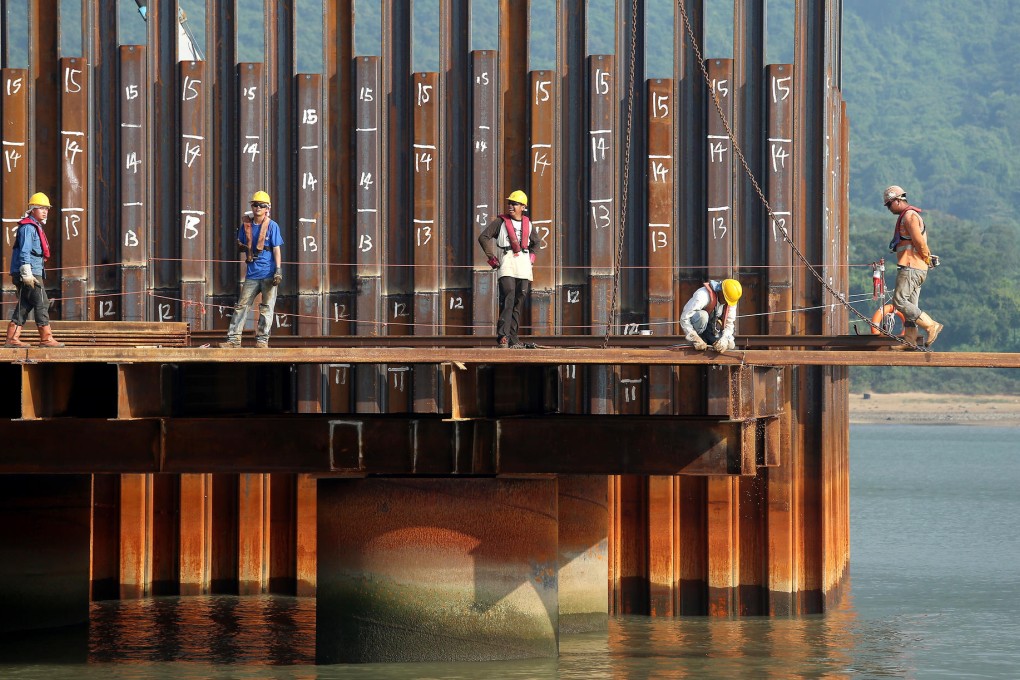Lai See | World's 'freest economy' accolade does Hong Kong a disservice

Unsurprisingly the right wing US think tank the Heritage Foundation has declared that Hong Kong is the world's freest economy. It would have been surprising if it had not since it has done so every year for the past 21 years. This a moment for chortling and self-congratulation on the part of the government for having apparently masterminded this economic miracle and the accolade is duly slipped into ministers' speeches whenever they attend economic gatherings.
Hong Kong is admittedly one of the easiest places to set up and start doing business. Many will attest to that. But to call it the freest economy in the world when the government owns all the land and manipulates its supply is patently absurd. We all know that the government's grip on land and the restrictive way in which it disposes of it has had a fundamental impact on the nature of the economy.
It is no surprise that the city's richest tycoons made their money from property development. And if our friends from the Heritage Foundation looked more closely at the way the government disposes of land by demanding an upfront premium, it would see that this restricts competition among the property developers.
Under the current system only well-capitalised companies are able to compete at land auctions and pay the change of land use premiums. If this process was changed so that rather than taxing the front end of the transaction, the profits from the use of the land were taxed, this would not only enable more developers to compete in the market, but would probably bring in more revenue for the government. It wouldn't come in great dollops all at once but in smaller, regular amounts over an extended period of time. Ironically, ministers occasionally wish for this as if it was some faraway nirvana. But like so much about government in Hong Kong it requires civil servants to roll up their sleeves, take on the vested interests, and change the system. But the government prefers this system since it provides swathes of cash which act as a cushion for its byzantine financial management and decision-making.
As a result there is always plenty of cash for big infrastructure projects like Hong Kong-Zhuhai- Macau bridge and the high-speed railway, without any consideration of economic benefit. We have congestion but instead of taking hard and more enlightened decisions about transport management and possibly stepping on a few entrenched toes, we keep on building expensive roads while absurdly high population projections are produced to justify them.
